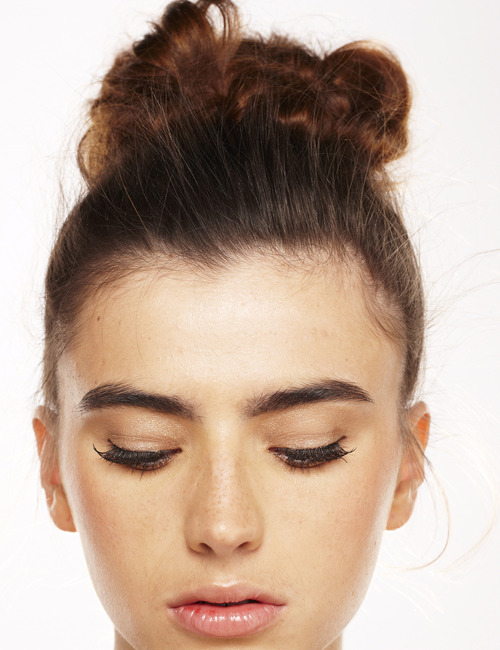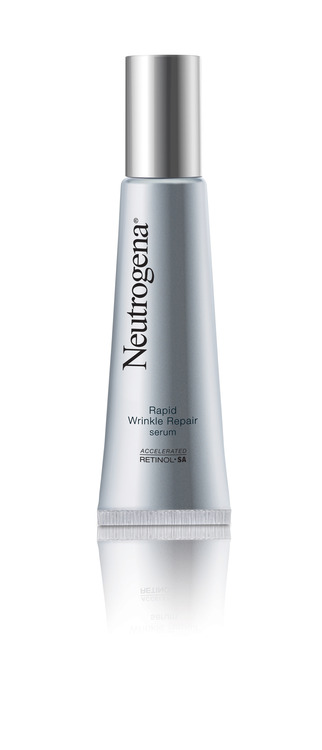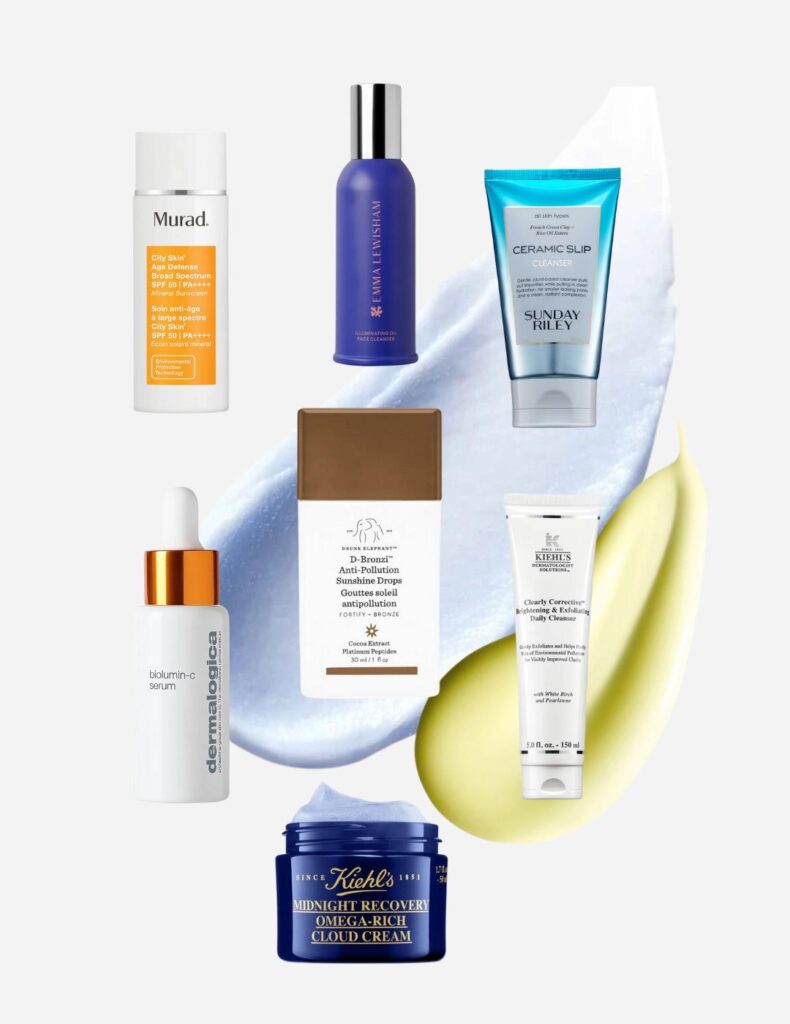
When it comes to wiping out wrinkles, we’ve seen it all. In the ’80s we put our faith in vitamin infusions and fruit-acid peels. Antioxidants swiftly followed, fighting free radicals and boosting radiance. Next, peptides offered a protein punch for sagging skins. These were quickly usurped by stem cells and growth factors. But none of these have been proven to do more than retinol. A derivative of vitamin A, retinol is a group of fat-soluble retinoids, including retinol, retinal, retinoic acid, and retinyl esters including retinyl palmitate. And at the grand old age of 81, vitamin A is still the best performer for accelerating skin cell turnover, correcting sun damage and boosting collagen production. Known as a cell-communicating vitamin, it can actually teach skin to behave as if it’s younger, for longer.
Here are the latest Retinol facts.
One of the biggest myths about vitamin A is that it makes skin sensitive to the sun. “The ingredient itself is sensitive to sunlight, which is why you should apply it before bed at night,” says US based dermatologist Leslie Baumann. “But a retinoid shouldn’t make your skin any more vulnerable to UV rays than it would be after you buff away dead skin with a face scrub.” She says summer is actually a good time to start using a retinol cream. “Humidity makes your skin less likely to dry out, and if you diligently apply sunscreen [SPF 30 at least], your skin will be protected.”
You may have heard that vitamin A can thin skin. According to American dermatologist Dr Darrell Rigel, it does the opposite. “Retinoids actually increase the thickness of the dermis [the deep layer where wrinkles form],” he says. He warns against slathering on too much at once, which will guarantee a flake-fest. “Build up a tolerance and it will plump your skin while stimulating the production of collagen.”
To avoid a rough transition, apply a retinoid every third night for the first two weeks, says Baumann. “If your skin isn’t irritated, ramp up to every other night for two weeks. If it’s no longer dry or flaky, you can use it every night.” Baumann advises applying vitamin A creams to dry skin. Wait at least 15 minutes after cleansing, then follow a few minutes later with a moisturiser to prevent dryness.” If your skin becomes flaky during the day, add a moisturiser over the top of your foundation.
While research has long proved that retinol can correct sun damage and wrinkles by stimulating collagen and hyaluronic acid, it’s now known to fight genetic ageing too. The ideal age to begin using retinol is in your late 20s.
The skin on your body is ageing at the same pace as that on your face
and neck, so it pays to use a vitamin A body lotion such as SkinMedica TNS Body Lotion, $133, to smooth brown spots and wrinkles all over.
Retinoids are powerful exfoliators, helping to reveal younger-looking
skin that’s softer and smoother to the touch. Experts believe they’re an investment, a wonder ingredient that also prepares skin for other products. By speeding up cell turnover, they make your skin better able to absorb topically applied ingredients.
Says Baumann, “Make sure the retinol products you buy are packaged in opaque bottles with pump applicators – not in open jars. This type of packaging minimises or blocks exposure to the air, which is key as all vitamin A ingredients break down when exposed to air and light.”
We thought it couldn’t get any better than Neutrogena’s Rapid Wrinkle Repair Eye Cream, but the new Rapid Wrinkle Repair Serum, $38.95, offers a potent accelerated form of retinol with moisture-boosting, smoothing hyaluronic acid.

To read the full feature on Retinol see the ‘Vitamin Hit’ in the spring issue of Fashion Quarterly out now.










